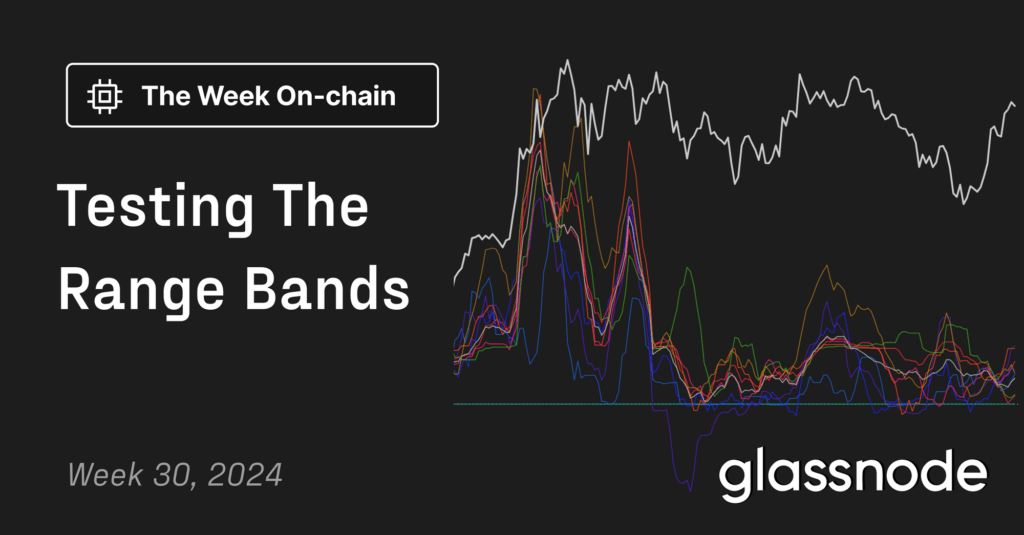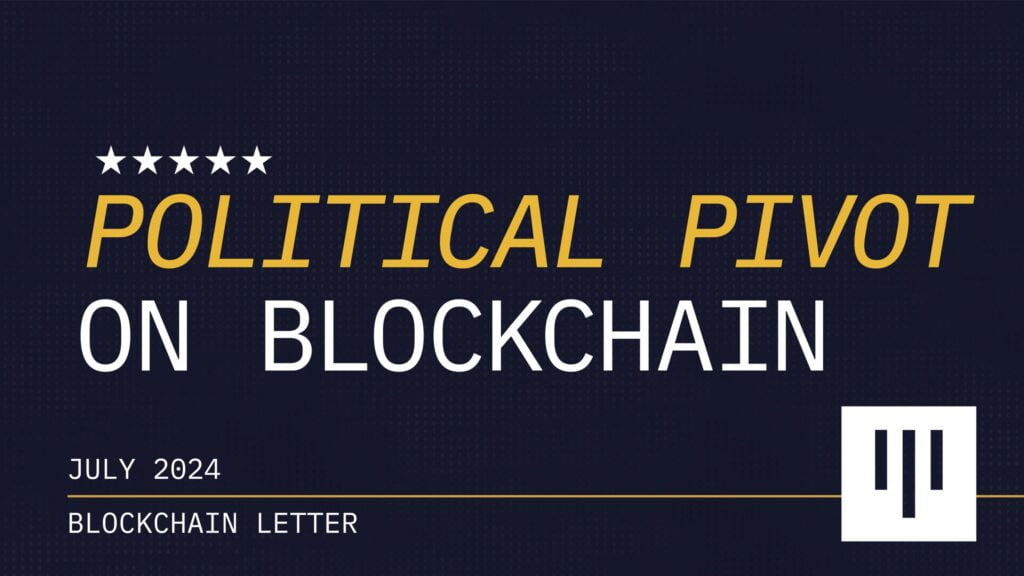Podcast Summary
This podcast episode delves into the complexities of Bitcoin mining, the potential of jurisdictional arbitrage within the United States, and the future of Bitcoin exchanges. The discussion also touches on the challenges faced by Bitcoin miners, particularly in Texas, where the cost of electricity can fluctuate dramatically. The hosts and guests also explore the concept of layer two solutions built on top of Bitcoin’s a liquid security collateral, which could be trusted for additional forms of settlement. The episode concludes with a bullish sentiment on Texas’s stance on financial sovereignty and the broader implications for Bitcoin and states’ rights in the U.S.
Key Takeaways
Bitcoin Mining and the Texas Power Grid
- Dependency on Renewable Energy: The podcast highlights the dependency of miners on renewable energy, pointing out that profitability hinges on mining during specific hours when renewable energy is abundant. This is particularly relevant in Texas, where the cost of electricity can fluctuate dramatically.
- Challenges of Running a Bitcoin Mining Operation: A comparison is drawn between the difficulties of running a Bitcoin mining operation and managing a bar, with the latter being described as potentially more sleep-depriving due to late hours and dealing with intoxicated patrons.
- Optimism about Texas: The hosts express optimism about Texas’s political and cultural alignment with the Bitcoin industry. They discuss the potential for conflict between state-level protections and federal regulations but remain hopeful about the state’s future in the industry.
Layer Two Solutions and Bitcoin Exchanges
- Layer Two Solutions: The podcast touches on the concept of layer two solutions built on top of Bitcoin’s a liquid security collateral, which could be trusted for additional forms of settlement. This leads to the idea that institutions with significant sunk capital into Bitcoin could become the most trusted entities for users moving off a fully sovereign Bitcoin experience.
- Future of Bitcoin Exchanges: The hosts and guests speculate on the future of Bitcoin exchanges and their need to have exposure to mining, such as through forward contracts, to provide liquidity and access to Bitcoin for trading purposes. They discuss the potential connection between the mining world and the financial product world in a Bitcoin standard.
Jurisdictional Arbitrage within the United States
- Jurisdictional Arbitrage: The podcast features a discussion on the concept of jurisdictional arbitrage within the United States, with the speaker expressing enthusiasm for the competitive dynamic between states such as Wyoming, Tennessee, Kentucky, Oklahoma, and North Dakota.
- Belief in the Federalist System: The conversation highlights the speaker’s belief in the Federalist system established by the founding fathers, suggesting that the system’s inherent competition among states can lead to positive outcomes.
- Bullish Sentiment on Texas: The episode concludes with a bullish sentiment on Texas’s stance on financial sovereignty and the broader implications for Bitcoin and states’ rights in the U.S.
Sentiment Analysis
- Bullish: The podcast expresses a bullish sentiment on Texas’s stance on financial sovereignty and the broader implications for Bitcoin and states’ rights in the U.S. The hosts and guests also express optimism about Texas’s political and cultural alignment with the Bitcoin industry.
- Bearish: The podcast highlights the challenges faced by Bitcoin miners, particularly in Texas, where the cost of electricity can fluctuate dramatically. The hosts and guests also express concern over the national security implications of Chinese hash rate coming to the U.S. and the potential for miner-on-miner sabotage.
- Neutral: The podcast features a discussion on the concept of jurisdictional arbitrage within the United States, with the speaker expressing enthusiasm for the competitive dynamic between states such as Wyoming, Tennessee, Kentucky, Oklahoma, and North Dakota. However, they also recognize problems in their home state of Texas, while remaining optimistic about the potential for improvement.












